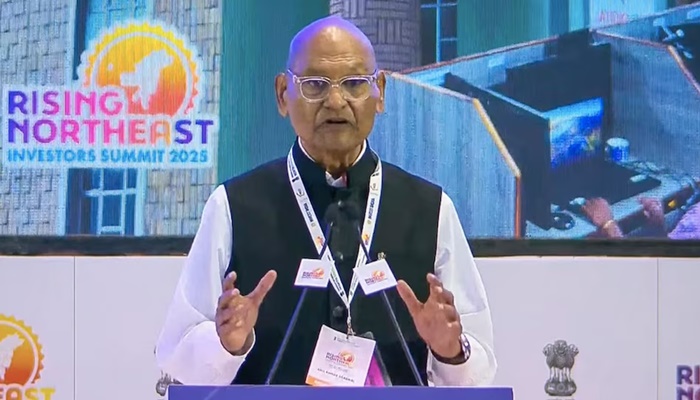The sweeping ban on real-money online games could impact 20,000 jobs, 300 companies, and sports sponsorship revenues.
The Indian online gaming industry is staring at an existential crisis after the government introduced the Promotion and Regulation of Online Gaming Bill, 2025 in the Lok Sabha. The legislation, tabled on August 20 by Union Minister of Electronics and Information Technology Ashwini Vaishnaw, seeks to prohibit all real-money online games, including skill-based ones, citing concerns over addiction, financial ruin, and misuse by criminal elements.
Industry bodies warn that the ban could cripple one of the fastest-growing segments of India’s digital economy. Estimates suggest over 20,000 jobs could be lost, with more than 300 companies shutting down operations. Sponsorship revenues for domestic and national-level sports leagues are also expected to take a hit, with losses ranging between 30% and 40%. Smaller sports beyond cricket, heavily reliant on gaming sponsorships, may collapse altogether.
Government’s Rationale
Minister Vaishnaw defended the bill, stating that real-money gaming platforms have caused widespread harm by draining people’s life savings, fostering gambling addiction, and serving as channels for money laundering and even terrorist financing. He stressed that while real-money games would be banned, the government aims to promote e-sports and social gaming as healthier alternatives.
The bill also bars advertisements for online money games and prohibits banks and financial institutions from processing related transactions. Violation of the law could attract imprisonment of up to three years and/or a fine of ₹1 crore.
Industry Pushback
Gaming companies argue that the bill paints all platforms with the same brush, ignoring distinctions between skill-based and chance-based games. They say the move could decimate a sector that has attracted global investment and created thousands of jobs in technology, design, and customer engagement.
Anurag Dhandhi, Business Head at Probo, criticised India’s regulatory approach to prediction markets, or “opinion trading.” He pointed out that while they are treated as games in India, the United States regulates them as financial instruments through the Commodity Futures Trading Commission. According to Dhandhi, such markets can provide valuable economic insight and forecasting, far beyond mere entertainment.
The Road Ahead
The bill was passed in the Lok Sabha without debate, amid Opposition protests over electoral roll revisions in Bihar. With clearance from both Houses of Parliament, it will become law, leaving the online gaming industry with limited options for recourse.
For now, the move has set off alarm bells across the sector, with stakeholders warning that one of India’s most dynamic digital industries could be dismantled overnight.




















